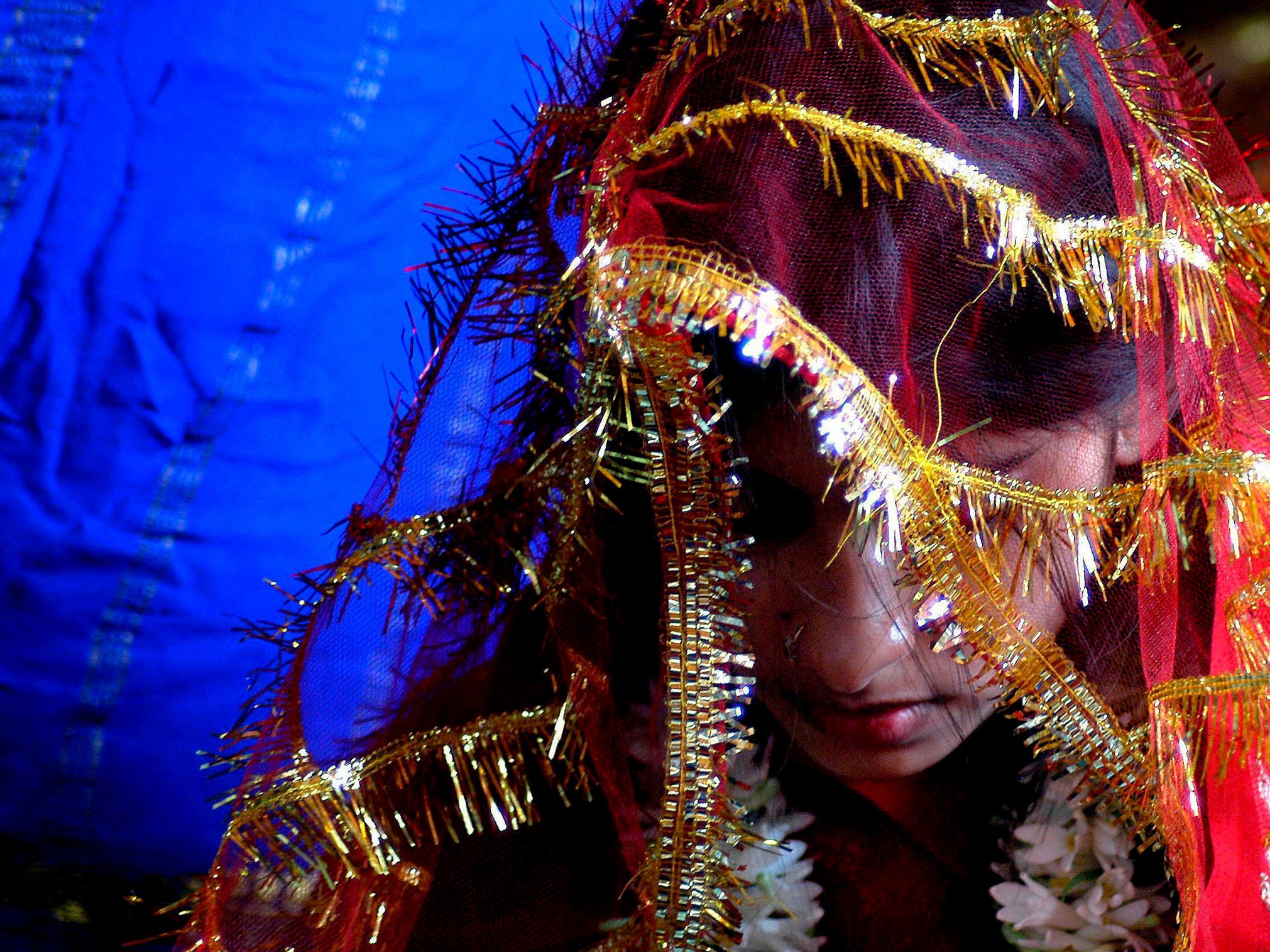Forced marriage: The warning signs
The practice occurs when one or both people involved do not consent

Unlike an arranged marriage, where both future spouses agree to a union which has been set up between their families, forced marriage happens when one or both people do not consent.
It can also occur when a wedding is arranged for someone with learning disabilities and they are not capable of consent.
Most victims’ families are of south Asian origin, though the problem also occurs in communities from other regions, such as the Middle East and Somalia. These are some common warning signs:
• If someone who you suspect is at risk of forced marriage suddenly becomes more withdrawn, spends less time with friends than they used to and then doesn’t answer calls or texts.
• Often victims of forced marriage are subjected to violence to pressurise them into it. You may notice bruises, especially on the upper arms from being grabbed, or in more extreme cases burn marks may appear. But in most cases the pressure is emotional, which is what makes it difficult to detect.
• If someone who you think is vulnerable suddenly goes away on holiday for no apparent reason, this could be a sign that they are in danger.
• Often those about to be forced into marriage can’t talk about what’s happening to them because of the emotional pressure they are under from family. If they won’t discuss the situation but you are still worried, you can call the Forced Marriage Unit helpline for advice on 0207 0080151.
Origins of forced marriage cases
Show all 1Subscribe to Independent Premium to bookmark this article
Want to bookmark your favourite articles and stories to read or reference later? Start your Independent Premium subscription today.
